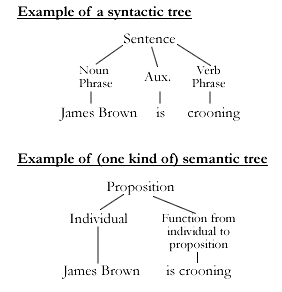Philosophy of language facts for kids
Philosophy of language is a fascinating part of philosophy that explores how we use language. It asks big questions about how words get their meaning and how we communicate with each other. It's closely related to Linguistics, which is the scientific study of language.
Think about it: how do we understand what someone else is saying? How do words like "dog" or "happy" come to mean what they do? These are the kinds of puzzles that philosophers of language try to solve. Important thinkers like Ludwig Wittgenstein have spent a lot of time thinking about these ideas.
Contents
Big Questions About Language
Just like in any area of philosophy, there are some main questions that are very important in the philosophy of language. These questions help us understand how language works:
- What does a word truly mean? Why do some words have similar meanings? How can we be sure we understand what a word means?
- Why do some groups of words make sense, while others don't? For example, "The cat sat on the mat" makes sense, but "Mat sat on the cat the" does not.
- How do people learn languages? How do languages change over time?
- How important is language for us to talk to each other and share ideas?
- How do we translate words and ideas from one language to another?
- What does truth have to do with language? Can language help us understand what is true?
A Look at Language History
People have been thinking about language for a very long time. Here's a quick trip through history:
Ancient Greek Ideas
Plato, a famous Greek philosopher, was one of the first people we know who thought deeply about language. He wondered if even the smallest sounds in words, called phonemes, had their own meaning. While his ideas weren't perfect, he started an important conversation. Later, a group of philosophers called the Stoics also developed complex ideas about how language works.
Language in the Middle Ages
During the Middle Ages, scholars like William of Ockham also explored language. Occam was one of the first to suggest that maybe we have a "mental language" in our minds. He also thought about how a single word can refer to both its meaning and the word itself.
Modern Language Thinking
The philosophy of language became much more popular in the 20th century. This was especially true after Ferdinand de Saussure wrote his important book, Course in General Linguistics. Since then, understanding language has become a key part of philosophy as a whole. It helps us understand how we think, how we communicate, and how we make sense of the world.
Other Interesting Pages
See also
 In Spanish: Filosofía del lenguaje para niños
In Spanish: Filosofía del lenguaje para niños
 | Janet Taylor Pickett |
 | Synthia Saint James |
 | Howardena Pindell |
 | Faith Ringgold |


